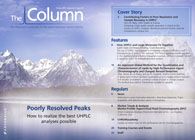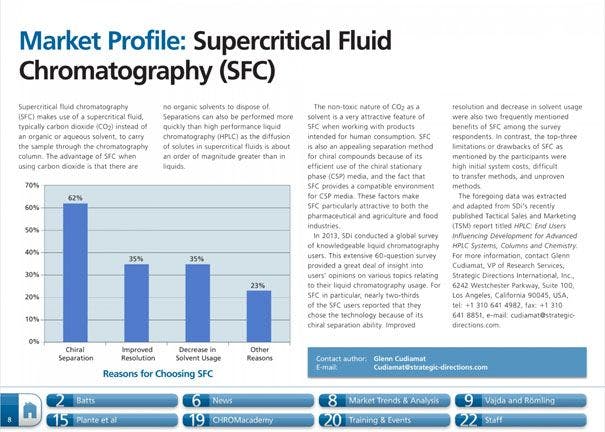Advances in cancer biomarker detection technology
Thermo Fisher Scientific (California, USA) has announced an intended collaboration with the Newman-Lakka Institute for Personalized Cancer Care at Floating Hospital for Children at Tufts Medical Center (Massachusetts, USA).
Thermo Fisher Scientific (California, USA) has announced an intended collaboration with the Newman-Lakka Institute for Personalized Cancer Care at Floating Hospital for Children at Tufts Medical Center (Massachusetts, USA). Thermo Fisher Scientific will invest in developing the application of liquid chromatography-mass spectrometry (LC–MS) instruments and technology for the detection of protein biomarkers that indicate cancer.
“Our challenge and hope is to change the current standard of care, and our collaboration with Thermo Fisher and access to its state-of-the-art instrumentation will accelerate our mission. We hope to be able to provide oncologists with a panel of biomarkers that sense microscopic levels of tumour cells with a simple blood test,” said Charles J. Newman, president of the Newman-Lakka Cancer Foundation. “The goal is to develop diagnostic tools to make it possible for physicians to check off a panel of biomarkers when patients get regular checkups, so early detection of disease can facilitate effective treatment. Also, the goal is to enable oncologists to monitor the efficacy of treatment with a blood test, rather than waiting two months for an MRI and exposing the patients to additional harmful radiation.”
For more information please visit:
www.thermoscientific.com
This story originally appeared in The Column. Click here to view that issue.

Evaluating Body Odor Sampling Phases Prior to Analysis
April 23rd 2025Researchers leveraged the advantages of thermodesorption, followed by comprehensive two-dimensional gas chromatography coupled to time-of-flight mass spectrometry (GC×GC/TOF-MS), to compare and assess a variety of sampling phases for body odor.

.png&w=3840&q=75)

.png&w=3840&q=75)



.png&w=3840&q=75)



.png&w=3840&q=75)








